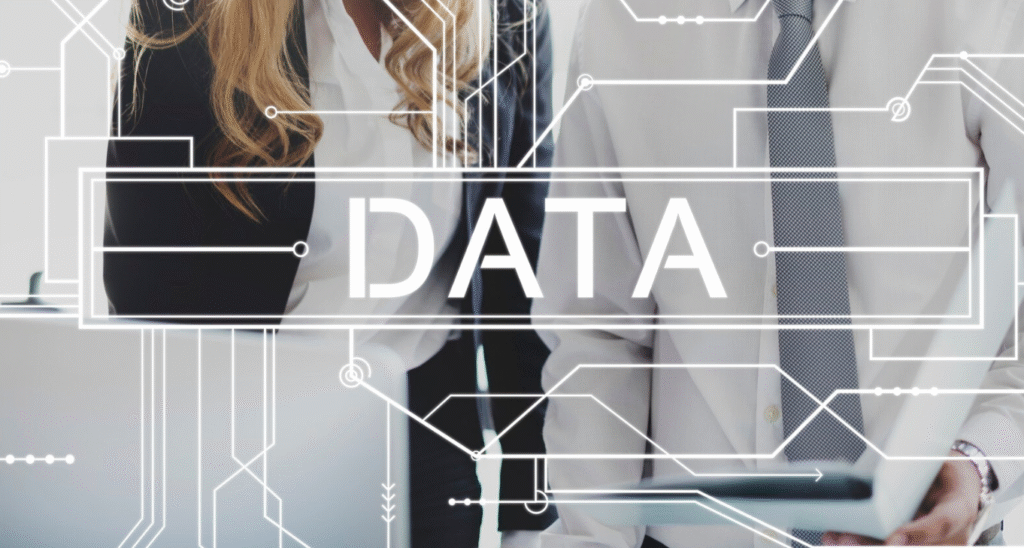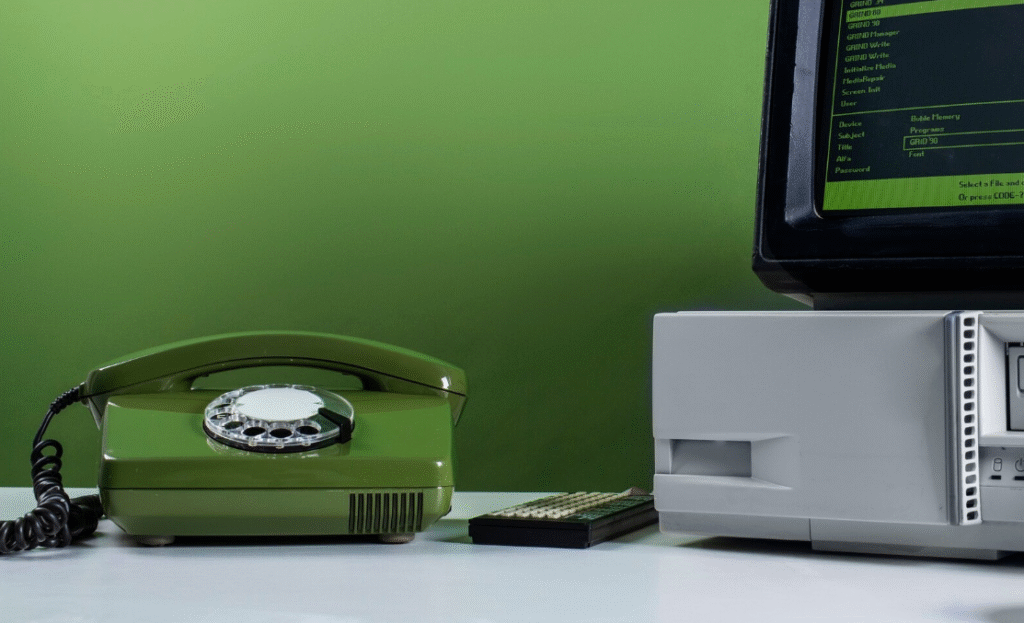The art of music composition has always been a deeply human endeavor—an expression of emotion, creativity, and cultural storytelling. But today, this creative process is undergoing a fascinating transformation with the rise of artificial intelligence (AI) as a collaborative partner.
By merging human intuition with machine learning, composers are exploring new frontiers where AI not only assists but actively participates in the creation of music.
1. AI as a Creative Partner, Not a Replacement
Rather than replacing musicians, AI acts as a tool that augments creativity. Advanced algorithms analyze vast libraries of music to generate melodies, harmonies, and rhythms that inspire composers. This partnership allows artists to experiment with ideas they might not have conceived independently.
AI can suggest chord progressions, generate accompaniment, or remix existing motifs, sparking new directions in composition.
2. How AI Learns Music
AI systems use techniques like deep learning and neural networks to understand musical structure. By training on thousands of compositions, AI models learn patterns in melody, rhythm, and style.
Some systems can even mimic specific genres or composers, providing stylistic suggestions tailored to the artist’s vision. This ability to analyze and recreate musical language opens doors for novel hybrid compositions.
3. Tools Empowering Composers
Several AI-powered tools have emerged to support music creation:
- Amper Music: Allows users to create custom soundtracks by choosing mood, tempo, and instrumentation.
- AIVA (Artificial Intelligence Virtual Artist): Composes classical and cinematic music, often used for soundtracks and game scores.
- Google’s Magenta: An open-source project exploring AI-generated art and music.
These platforms give composers accessible ways to collaborate with AI, regardless of technical expertise.
4. Enhancing Workflow and Creativity
AI collaboration streamlines workflows by automating routine tasks such as generating backing tracks or suggesting variations. This frees composers to focus on higher-level creative decisions and emotional storytelling.
Moreover, AI can serve as a creative sounding board, offering unexpected ideas that challenge and expand artistic boundaries.
5. Ethical and Artistic Questions
The fusion of AI and music raises important questions:
- Who owns the rights to AI-generated compositions?
- How much human input defines authorship?
- Does AI creativity diminish or enrich the human element?
These debates shape the evolving relationship between technology and artistry.
6. The Future of AI in Music
As AI technology advances, future collaborations might include:
- Real-time improvisation with AI during live performances.
- Personalized soundtracks adapting dynamically to listeners’ emotions.
- Cross-cultural fusion of styles generated through AI synthesis.
The possibilities for innovation are vast, promising a future where human and machine creativity coexist harmoniously.
Conclusion
When music composition meets AI collaboration, it heralds a new era of creative synergy. By blending human passion with computational power, musicians are crafting sounds that transcend traditional boundaries, inviting listeners into unexplored auditory landscapes.
Far from replacing artists, AI enriches the creative process—opening doors to music yet unheard.


